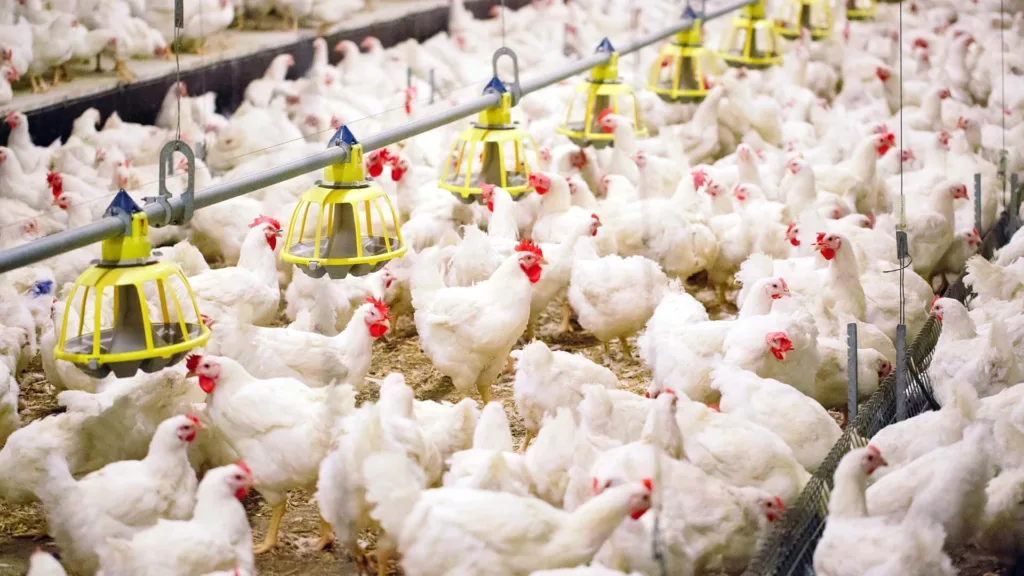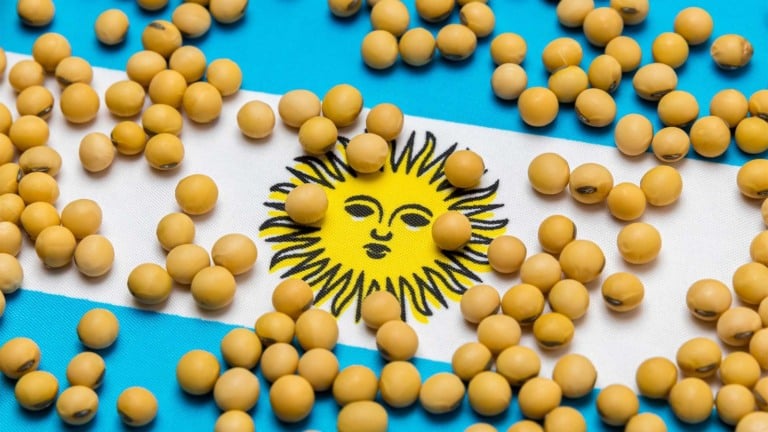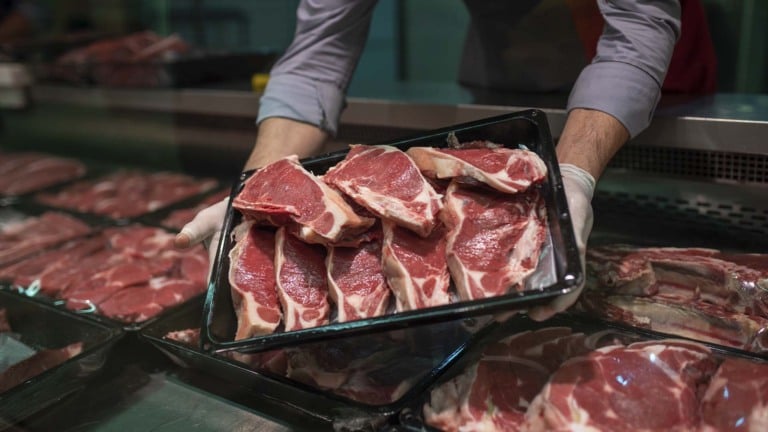
Brazilian poultry exporters got a relief after authorities ruled out a suspected new case of bird flu at a commercial flock in one of the country’s major poultry production hubs.
Brazil’s Agriculture Ministry confirmed on Monday that tests on birds from a farm in Ipumirim, Santa Catarina, came back negative, easing concerns of a broader outbreak.
For now, the only confirmed case of highly pathogenic avian influenza in commercial poultry remains confined to a breeder farm in Montenegro, in the southern state of Rio Grande do Sul, detected on May 15.
Twelve cases are currently under investigation, but only one involves a commercial flock. It’s located in the state of Tocantins, in northern Brazil, but Brazilian authorities had said the likelihood of that case being bird flu is low.
The negative test results in Santa Catarina offer Brazil—by far the world’s largest chicken exporter—a stronger position to argue for the rollback of temporary trade bans.
With the outbreak restricted to a 10-kilometer radius around the Montenegro site, officials believe the country has a strong case to advocate for regionalization in export restrictions.
If the current status persists for 28 days starting on May 22, when the government finished the full sanitization of the affected flock, Brazil could declare itself free of avian influenza.
Currently, Brazil faces export suspensions from more than 20 markets that accounted for around 40% of its poultry exports last year. Limiting the outbreak to a single region could allow other parts of the country to resume shipments.
“Showing that we contained the outbreak is an important asset for advancing in negotiations for the adoption of the regionalization principle,” Agriculture Minister Carlos Favaro said in a presser last week.
Still, the bans’ impact on Brazil’s exports will be inevitable — at least in the short term. Even if the Brazilian government is successful in its negotiations, “it doesn’t seem likely that everything will be solved in less than a month,” analysts at Itau BBA wrote in a report.
“As a result, we believe that exports in June are likely to weaken considerably compared to figures reported through the third week of May, and domestic prices may lose support,” the bank added.
Some analysts have attempted to quantify the potential impact of the suspensions. According to the Brazilian consultant Carlos Cogo, Brazil could lose up to $200 million in chicken meat exports over a one-month period — which corresponds to a reduction of roughly 100,000 tons, based on an average price of $2,000 per ton.
With average monthly exports in 2025 running at roughly 465,000 tons, the short-term decline could range between 15% and 20%, depending on how many countries maintain — or ease — the restrictions.



